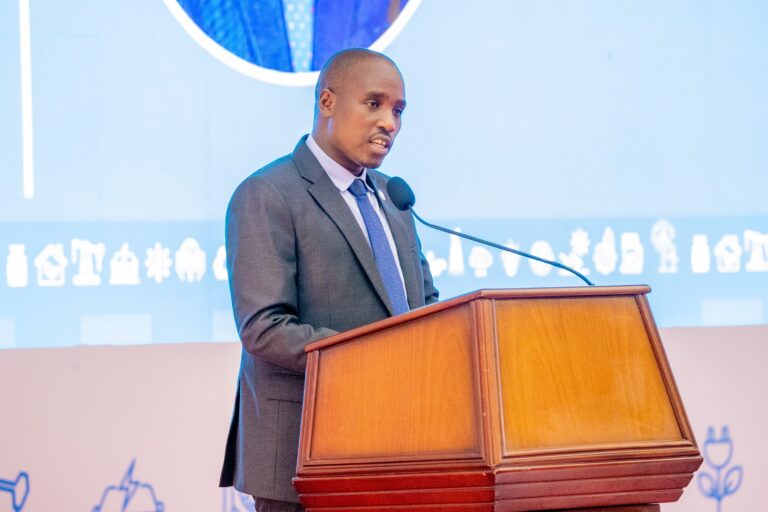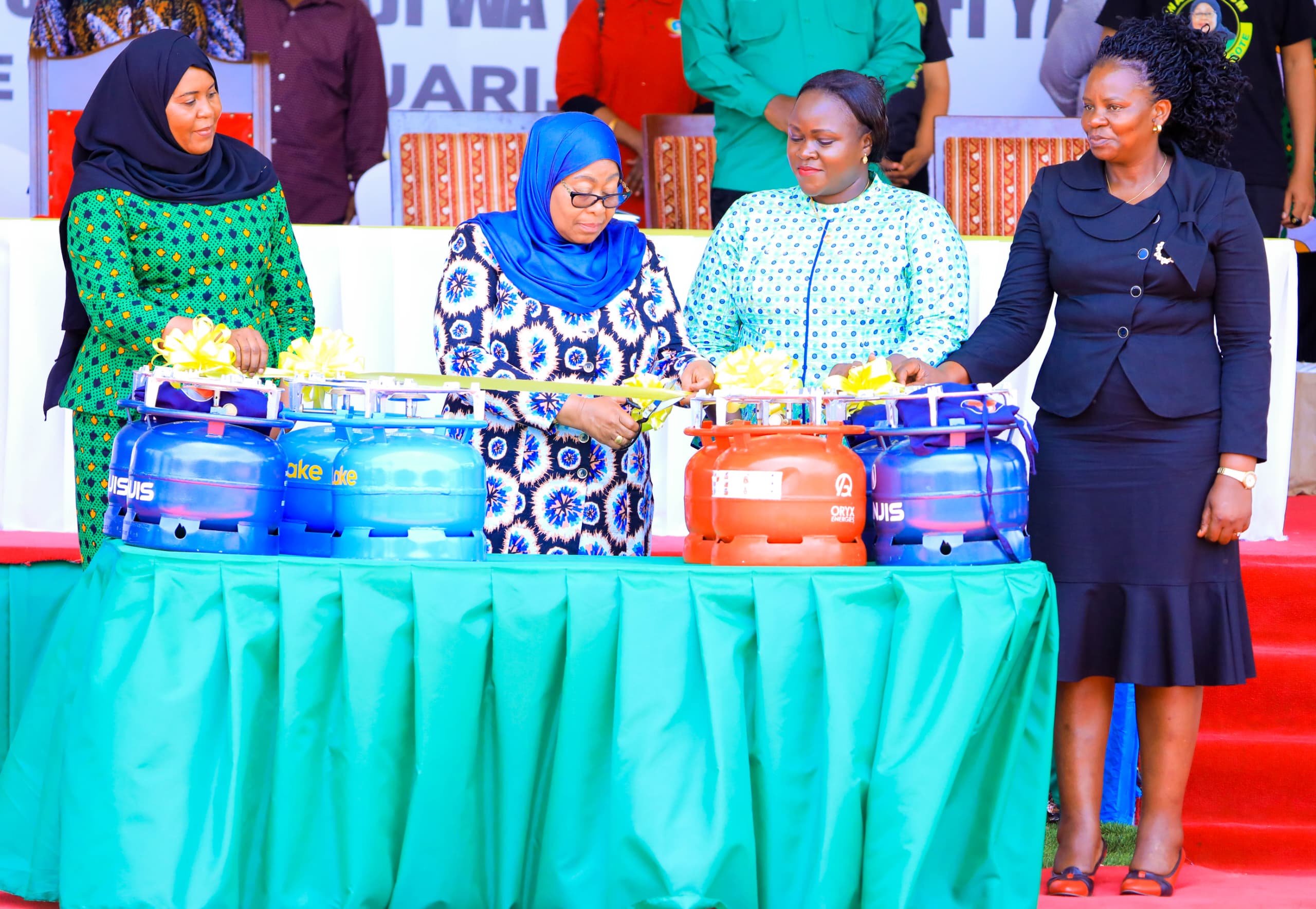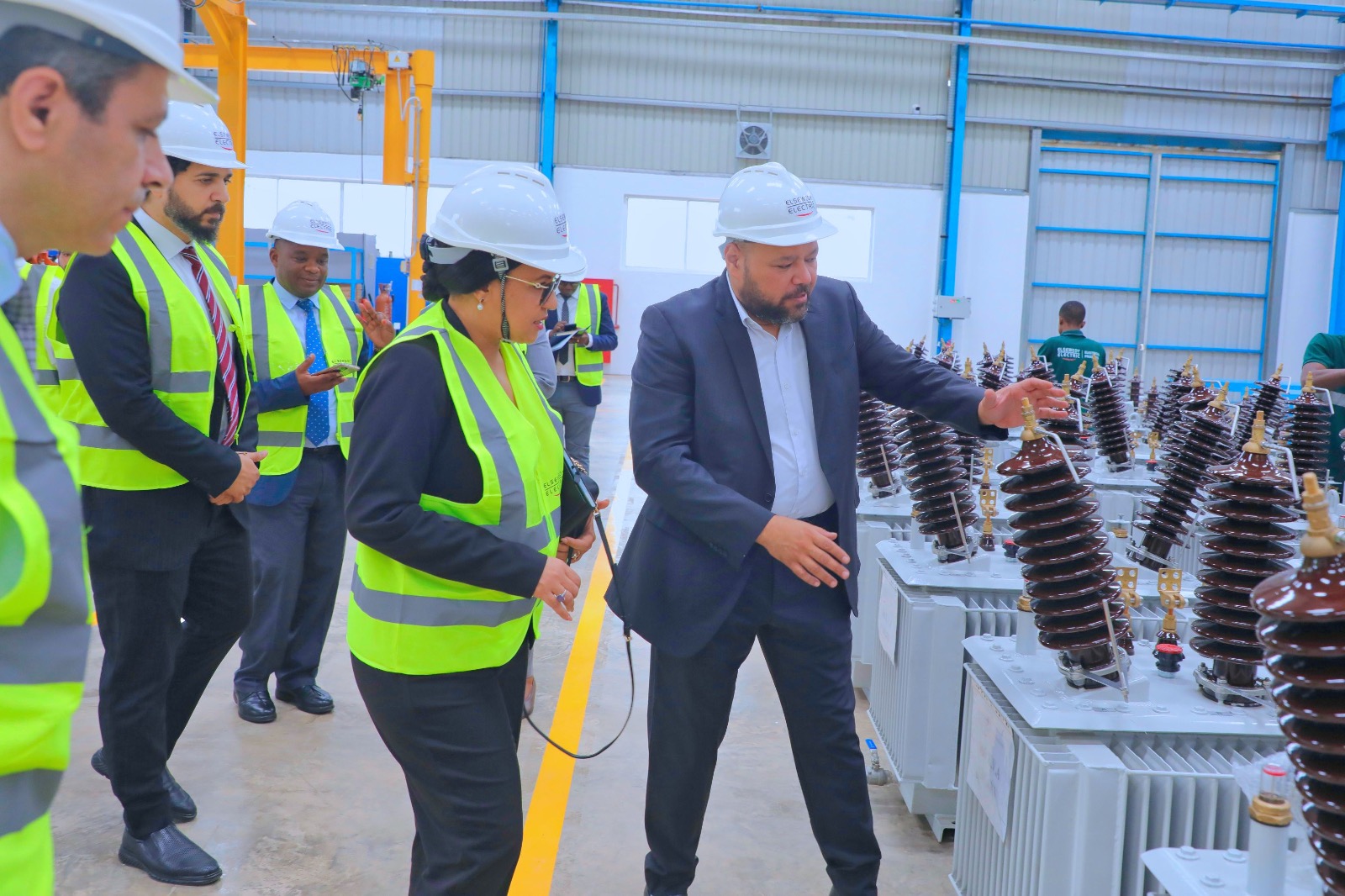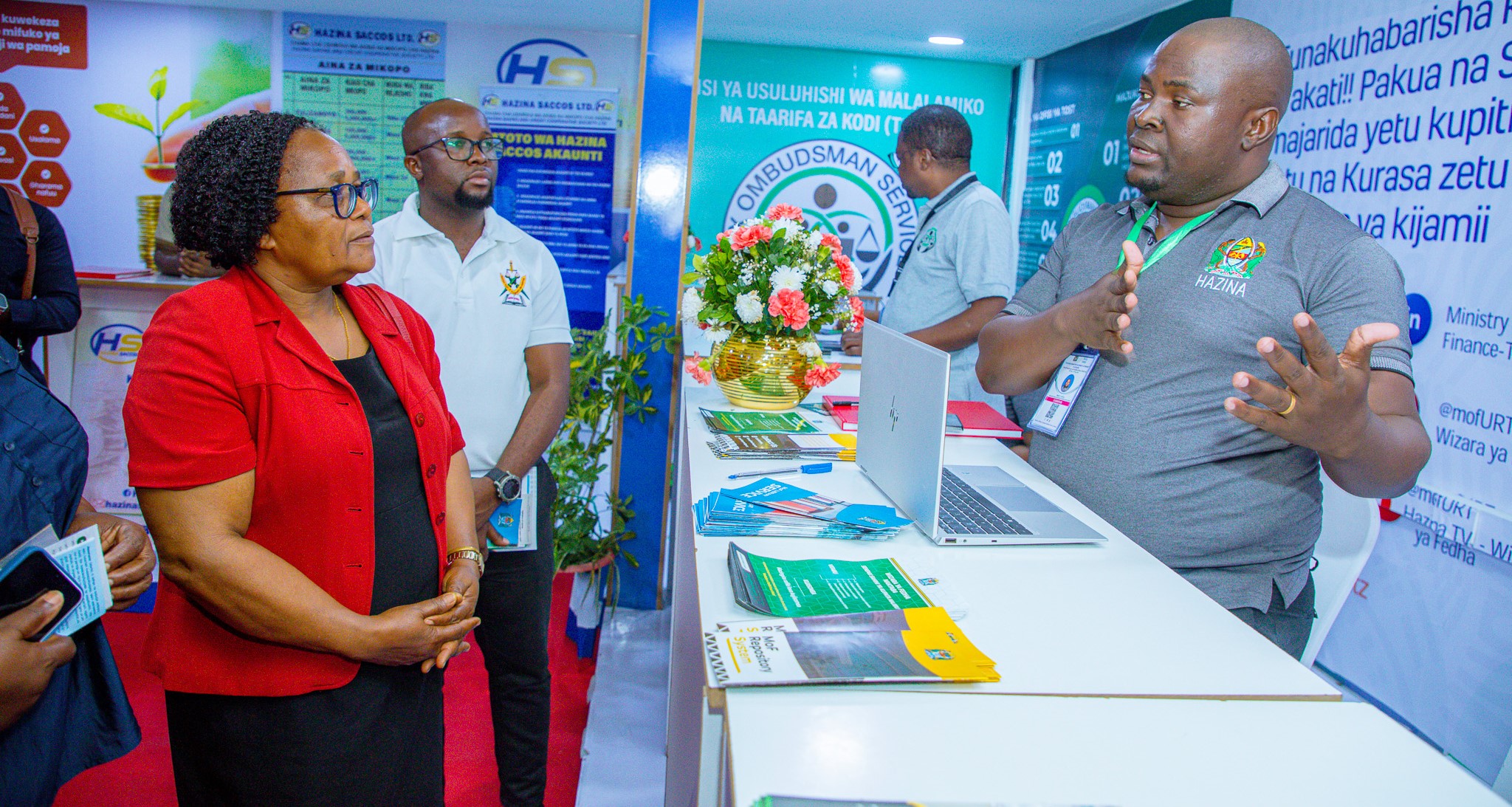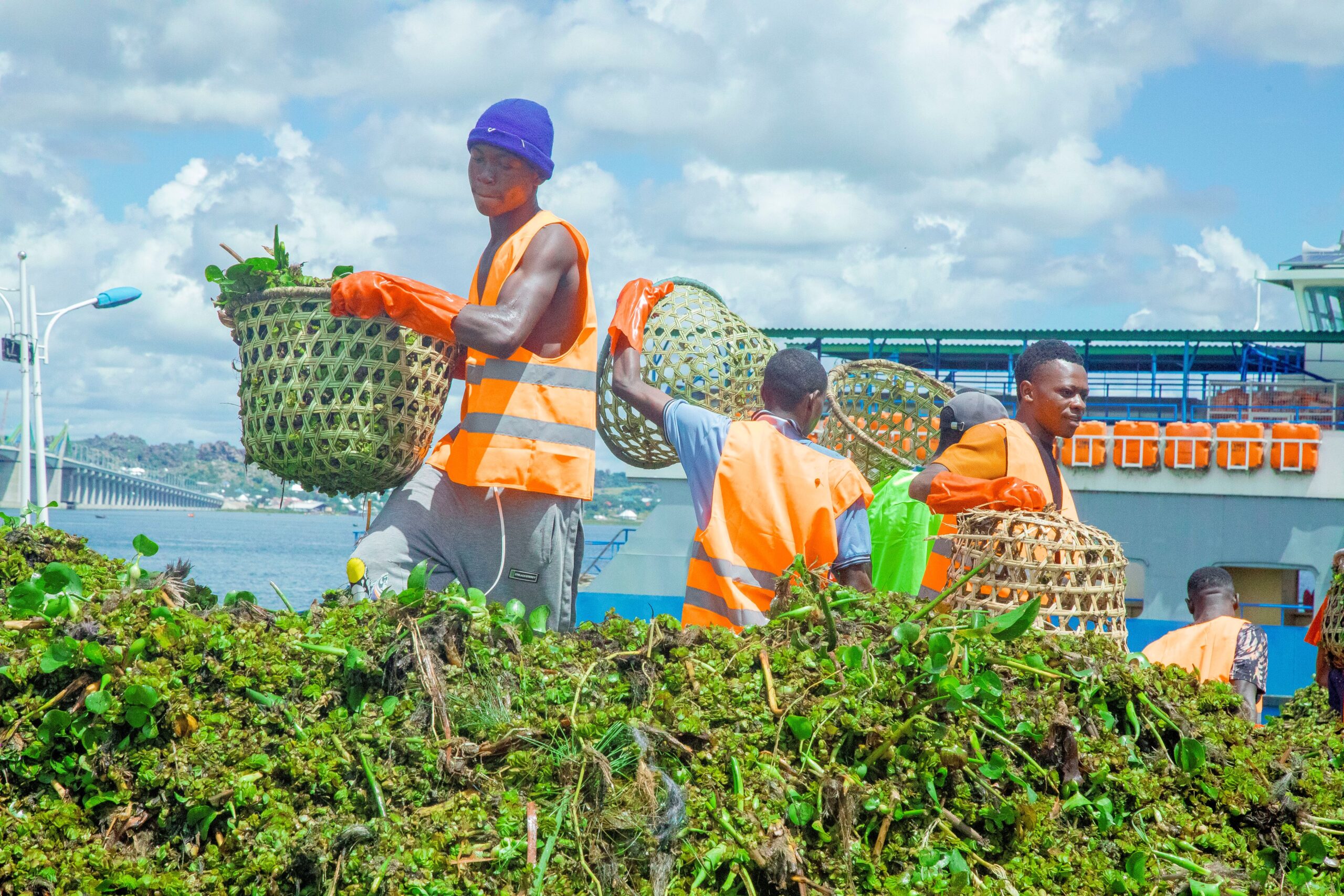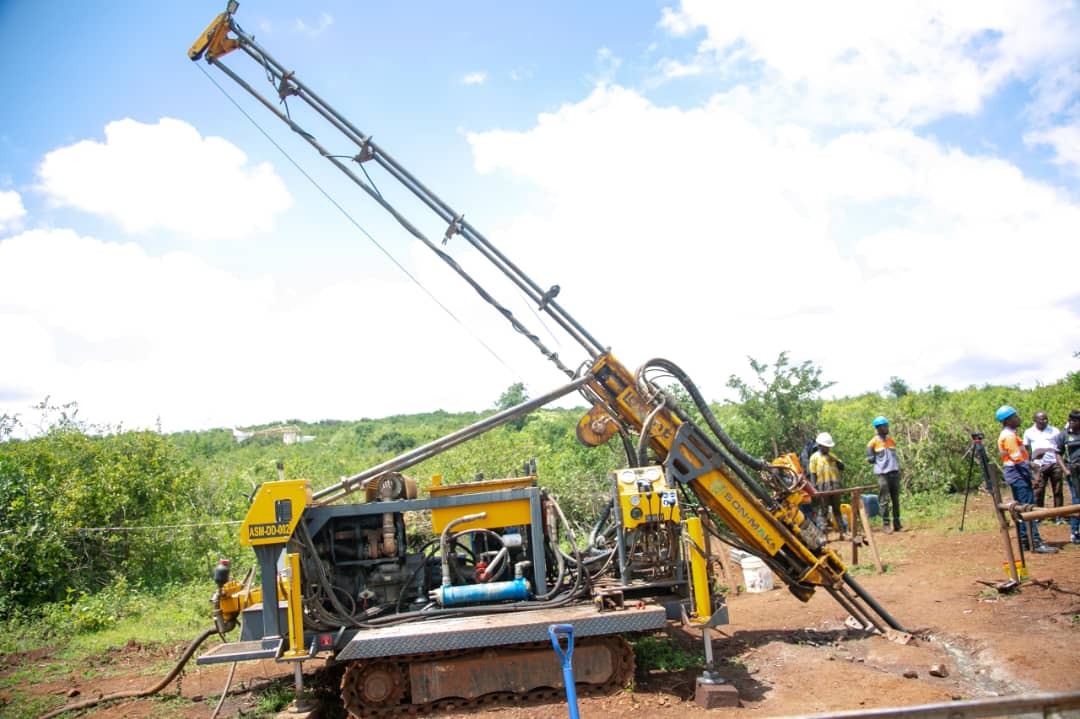Dar es Salaam. The Deputy Prime Minister and Minister for Energy, Dr Doto Biteko, has said that although Africa has a minimal contribution to global greenhouse gas emissions, African nations continue to take a leading role in driving the climate change agenda by incorporating it into their legal and regulatory frameworks.
This includes ensuring a shift from the use of polluting energy sources to clean energy to shield the world from the adverse effects of climate change.
Dr Biteko made these remarks on March 4, 2025 while opening the preliminary meeting ahead of the 2025 East African Petroleum Conference and Exhibition (EAPCE’25), which will officially begin on March 5, 2025.
The preliminary conference is designed to discuss strategies and plans that will promote the adoption of clean energy across various sectors, including cooking and transportation.
He noted that the EAPCE’25 conference serves as a vital platform for East African Community (EAC) member states and other stakeholders to discuss plans and strategies that will drive the transition to clean energy.
This is particularly important as the world grapples with the effects of climate change, which are largely driven by human activities.
Scientific studies have shown that carbon dioxide emissions have risen significantly since the Industrial Revolution.
“I would like to take this opportunity to urge all of you to use this conference to discuss matters that will enable us, as East Africans, to move from the use of dirty energy to clean energy. It is important to acknowledge that this preliminary conference has not come by chance. As a community, we have a task at hand: transitioning from polluting energy to clean energy,” emphasised Dr Biteko.
He explained that many of the laws currently being passed across Africa are encouraging green economies, reducing carbon emissions, and fostering sustainable development.
EAC climate change policy
The East African Community (EAC), for its part, has developed a Climate Change Policy, which demonstrates the region’s commitment to tackling climate change and promoting the use of clean energy.
Some of the impacts of climate change, Dr Biteko noted, include severe droughts, floods, and the loss of biodiversity, diminishing clean water sources, ice melt, and an increase in climate-related diseases such as skin cancer.
The issue of climate change is also receiving global attention, leading to several international agreements, including those of Kyoto, Montreal, and Paris.
Both developed and developing nations are developing and implementing strategies related to climate change, particularly focusing on the use of environmentally friendly, clean energy such as natural gas.
Addressing the issue of electricity access, Dr Biteko noted that Africa is the continent that faces the largest energy deficit globally, with 75 percent of the world’s population without electricity residing in Africa.
However, efforts are underway to improve access to energy, as confirmed by the African Energy Summit held in Tanzania earlier this year, where strategies were laid out to connect 300 million Africans to electricity by 2030—an important step toward energy transformation.
Clean cooking
On the matter of clean cooking energy, Dr Biteko stressed that a shift is necessary towards clean energy, as a large proportion of the African population still depends on firewood and charcoal for cooking.
For instance, in Tanzania, approximately 81 percent of households rely on firewood and charcoal as their main cooking energy sources, resulting in the annual loss of about 469,420 hectares of forest.
He pointed out that this alarming trend requires urgent and collective action to promote the clean cooking energy agenda across the continent.
In addressing this challenge, Dr Biteko referenced the significant steps taken by the President of Tanzania, Dr Samia Suluhu Hassan, who is a global champion for clean cooking energy.
President Hassan has launched the National Clean Cooking Energy Strategy (2024-2034), which aims to ensure that by 2034, 80 percent of Tanzanians will use clean cooking energy.
Clean energy in transportation
Dr Biteko also said it was important to use natural gas in transportation as part of the clean energy transition.
He explained that the Tanzanian government is enhancing the environment for private investors to participate in building Compressed Natural Gas (CNG) stations and improving policies and regulatory systems.
Meanwhile, the Deputy Minister for Energy, Ms Judith Kapinga, said that the preliminary conference lays the foundation for the 11th East African Oil Conference, which will begin tomorrow, March 5, 2025.
“Today, there will be several discussions that will lay the groundwork for the main conference, which will run for three days. This conference is crucial in bringing stakeholders together to discuss fundamental issues that will benefit the East African Community countries in the Oil and Gas sector,” said Kapinga.
The Permanent Secretary in the Ministry of Energy, Mr Felchesmi Mramba, explained that the Oil and Gas conference is aligned with the exhibition of oil and gas products and various activities within the sector among EAC member states.
He said that the conference would focus on ways to transition from polluting energy sources to clean energy, in line with a global campaign aimed at achieving the transition to clean energy by 2050-2060.
Eng Mramba further explained that during the conference, countries would have the opportunity to showcase their progress in the oil and gas sector, discuss achievements, plans, and activities since the last EAPCE meeting.
At the EAPCE’25 conference, experts, researchers, and innovators will discuss oil and gas discoveries, exploration blocks, and investment opportunities for the EAC member states.

